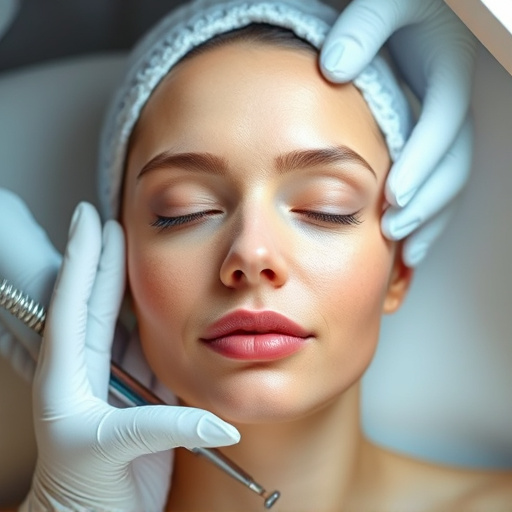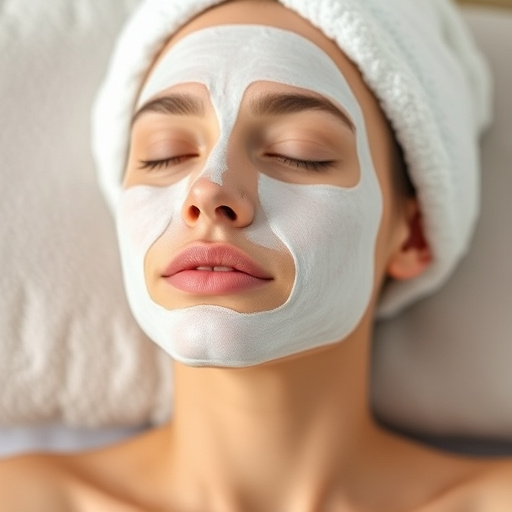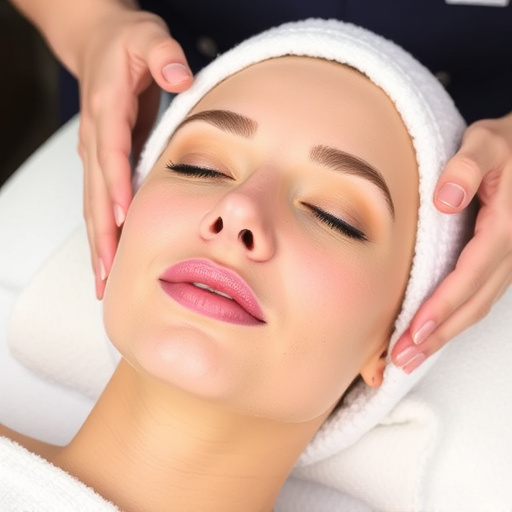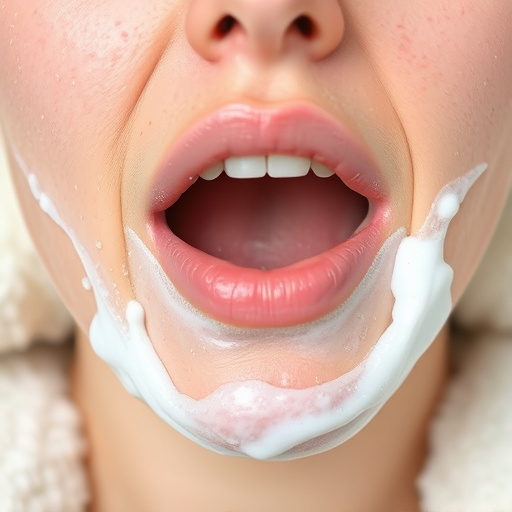Pore cleansing treatment frequency varies by skin type and needs. Oily/combination skins require more frequent treatments (bi-to-tri-weekly), while dry skins benefit from less frequent sessions (every 4-6 weeks). Lifestyle, environment, procedures also factor in. Personalized routines combine at-home care with occasional clinic visits for optimal results.
How often should you indulge in a pore cleansing treatment? It depends on your skin’s unique needs. This article guides you through understanding your pores, navigating factors that dictate frequency, and creating a personalized skincare routine for optimal results. Discover the ideal interval for your pore cleansing treatments, incorporating insights on skin types, lifestyle, and expert recommendations. Optimise your pore care regimen for a clearer, healthier complexion.
- Understanding Your Skin's Pore Needs
- Factors Influencing Pore Cleansing Frequency
- Creating a Personalized Pore Care Routine
Understanding Your Skin's Pore Needs
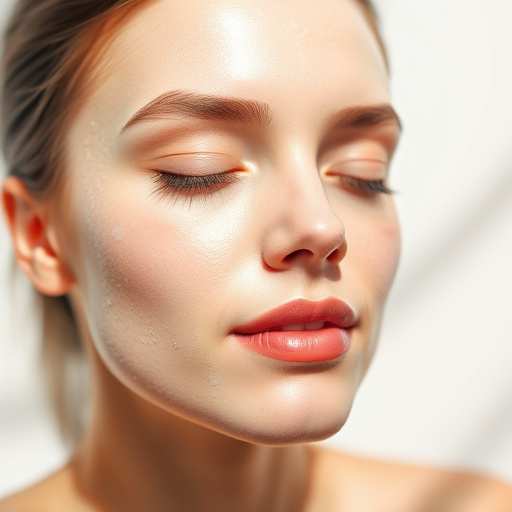
Understanding your skin’s unique pore needs is key to determining how often to indulge in a pore cleansing treatment. Skin types vary greatly, from oily and acne-prone to dry and sensitive. Oily or combination skin types may require more frequent pore cleansing due to the excess sebum production that can lead to clogged pores and breakouts. Conversely, dry skin may benefit from less aggressive treatments, focusing on hydrating facials that restore moisture levels without over-drying the skin.
Ageing skin also has different considerations. As we age, our skin produces fewer natural oils, making it more susceptible to dryness and fine lines. In this case, anti-aging treatments that enhance collagen production and skin rejuvenation techniques can be beneficial alongside pore cleansing to address both surface impurities and deeper skin concerns.
Factors Influencing Pore Cleansing Frequency

Several factors determine how often one should indulge in a pore cleansing treatment. First and foremost, skin type plays a significant role. Oily or combination skin types benefit from more frequent treatments, ideally every 2-3 weeks, to control sebum production and prevent clogging. Conversely, dry or sensitive skin may only require a pore cleansing session every 4-6 weeks to avoid irritation and maintain moisture levels.
Other considerations include lifestyle, environmental factors, and the use of specific skincare procedures like laser hair removal or facial treatments. For instance, individuals living in regions with high pollution levels or participating in regular strenuous activities may need more frequent pore cleansing to mitigate the impact of these external influences on their skin’s health. Additionally, anyone undergoing or regularly practicing wrinkle reduction techniques might schedule pore cleansing treatments as part of a comprehensive skincare regimen.
Creating a Personalized Pore Care Routine

Creating a personalized pore care routine involves understanding your skin’s unique needs and incorporating specific non-surgical treatments into your regular skincare regimen. The frequency of your pore cleansing treatment should be determined by factors such as skin type, lifestyle, and environmental exposure. For instance, those with oily or combination skin might require more frequent treatments to manage excess sebum production, while dry skin types may benefit from deeper cleansing but less often to avoid stripping the skin’s natural moisture barrier.
A professional skincare consultation can help tailor a routine that includes both at-home care and occasional in-clinic treatments for optimal skin rejuvenation. Incorporate gentle exfoliants and pore-refining ingredients into your daily or weekly skincare routine, depending on your needs. Regularly scheduled pore cleansing treatments can complement these practices, providing deeper cleaning and unclogging benefits to reveal smoother, more radiant skin.
Determining the optimal frequency for a pore cleansing treatment depends on various factors, including your skin type and environmental influences. By understanding these variables, you can create a personalized skincare routine that effectively addresses your pores without over-cleansing. Regularly evaluating your skin’s condition will help guide adjustments to your pore care regimen, ensuring healthy, glowing skin in the long term. Incorporate a balanced approach, considering both professional treatments and at-home care, to achieve the best results for your unique skin needs.








